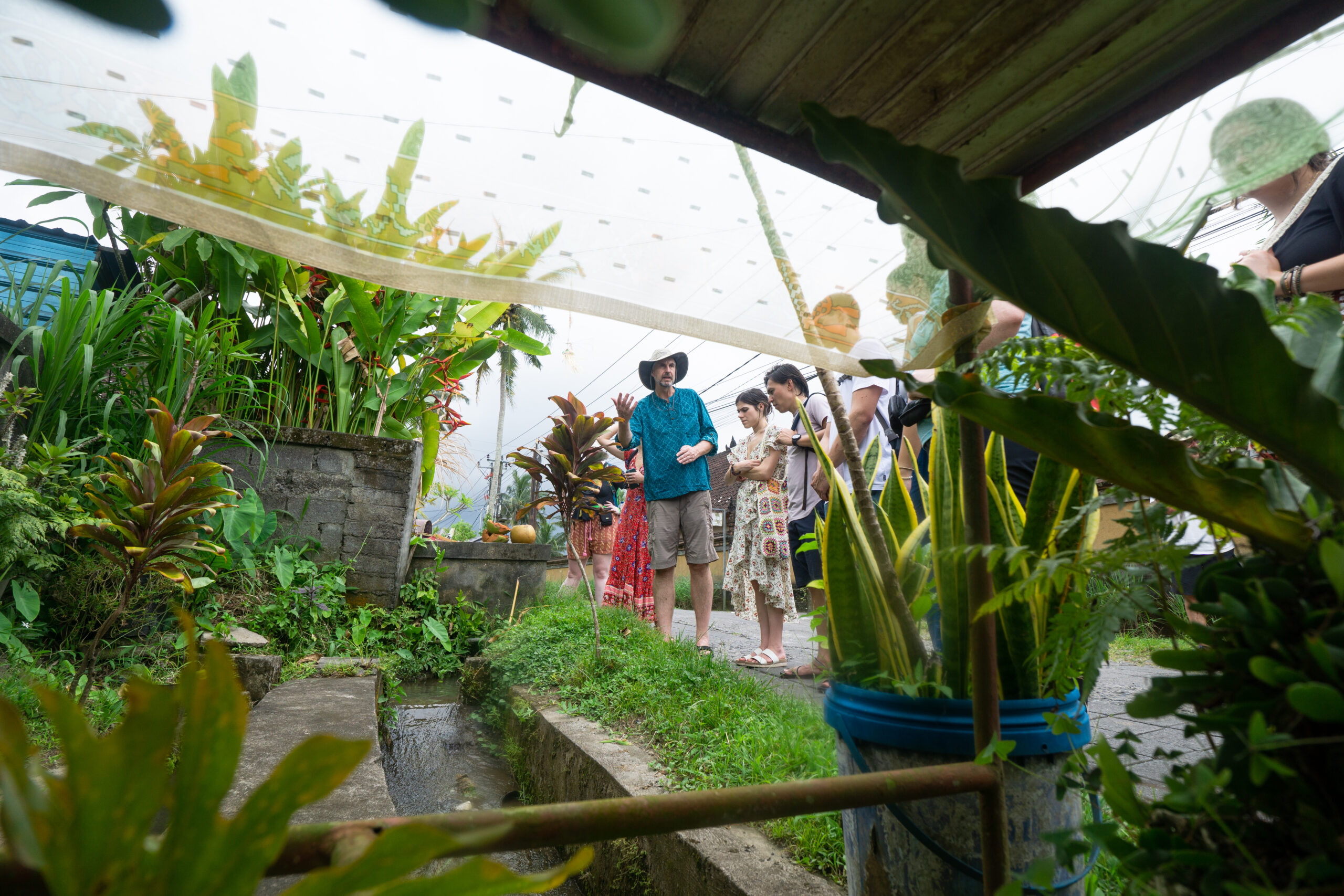Pictured: Rice fields draining. PHOTO CREDIT: James Singer | Photo Editor Emeritus
This past winter break, students participating in the J-Term study abroad program had a chance to travel to Indonesia to take part in a once-in-a-lifetime research opportunity.
Kristin Johnson, the University of Rhode Island’s vice provost for global affairs, said that the work between the University and the island country has been going on for quite some time.
“URI is a university that’s been active in engagement in Indonesia for over 50 years,” Johnson said. “In terms of research, partnerships and collaboration.”
In 1999, URI faculty helped Indonesia create maritime boundaries that established its exclusive economic zones, or boundaries inside which Indonesia has exclusive trade access, which is important for a country surrounded by ocean.
In 2013, URI signed an agreement to partner with Indonesia on fisheries education. Over the course of the following 5 years, Indonesia sent 25 staff members to the University to study ocean and fisheries management, along with related subjects.
In May, URI hosted a 50th-anniversary celebration of the partnership between the University and Indonesia on the Kingston campus, which was attended by several Indonesian governors, members of parliament and University alumni. Robert Blake, the former United States Ambassador to Indonesia, was also in attendance.
“It is one of our richest relationships,” Johnson added. “And renewing that and engaging it is really important.”
The most recent example of this exchange of ideas came during the J-Term trip to Indonesia by URI students, a program that has taken place during many years.
While the trip primarily focused on biodiversity and global health, Caroline Oetting, one of the participants and a fourth-year political science major, said the overall experience transcended areas of study.
“One of the takeaways I got from the trip was seeing clearly how our choices impact our planet’s health,” Oetting said. “Seeing all of the trash that littered beautiful beaches and even ending up high up in the mountains of the rainforest was heartbreaking… it was really impactful to see how the plastic that we use daily ends up littering such a beautiful natural place.”
Oetting’s group originally intended to go to the Spice Islands, but due to a weather event, they instead traveled to Sawai, a small village on the island of Maluku.
“We got to see sea turtles, coral reefs and hike through the rainforest in the rain, which was one of my favorite experiences from the trip,” Oetting said. “We also got to play music with some of the local people who lived in the village, which was really beautiful.”
While the environment proved to be an exciting surprise for Oetting and the other students, another unexpected interaction happened on the trip as well — a visit from URI President, Marc Parlange.
The president participated alongside the students in many different activities, including a survey in Bali collecting pollutants on different beach locations.
“It was interesting to talk with him about sustainability issues on campus,” Oetting said. “And it actually sparked really good conversations among us students about the action [or lack thereof] of sustainability action on campus and the changes that we want to see in our campus and its environmental impacts.”
Oetting’s environmental and biodiversity experiences in Indonesia speak to the close working relationship between URI students, faculty, staff and the country of Indonesia.





